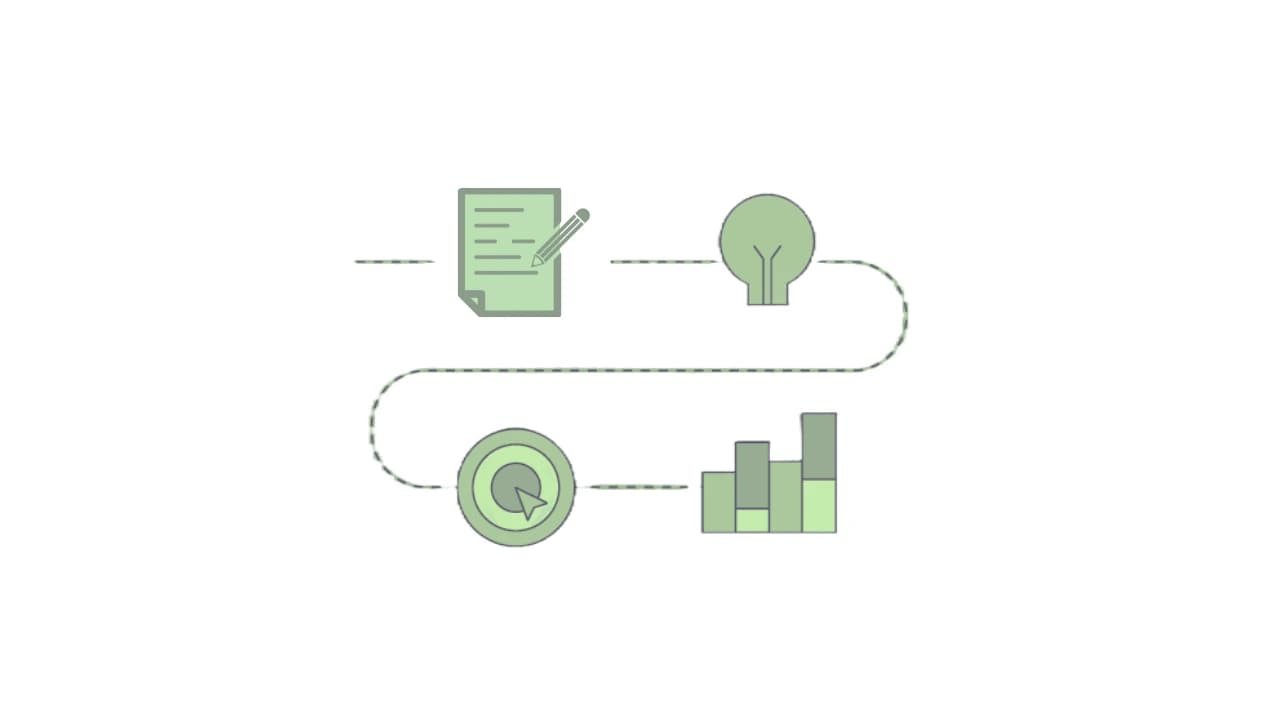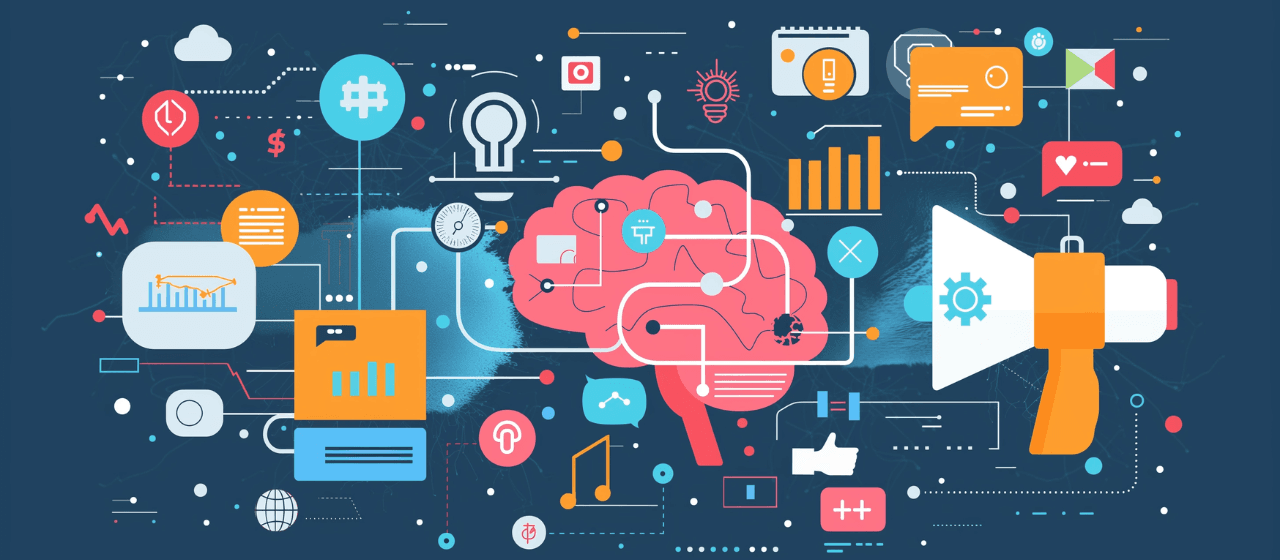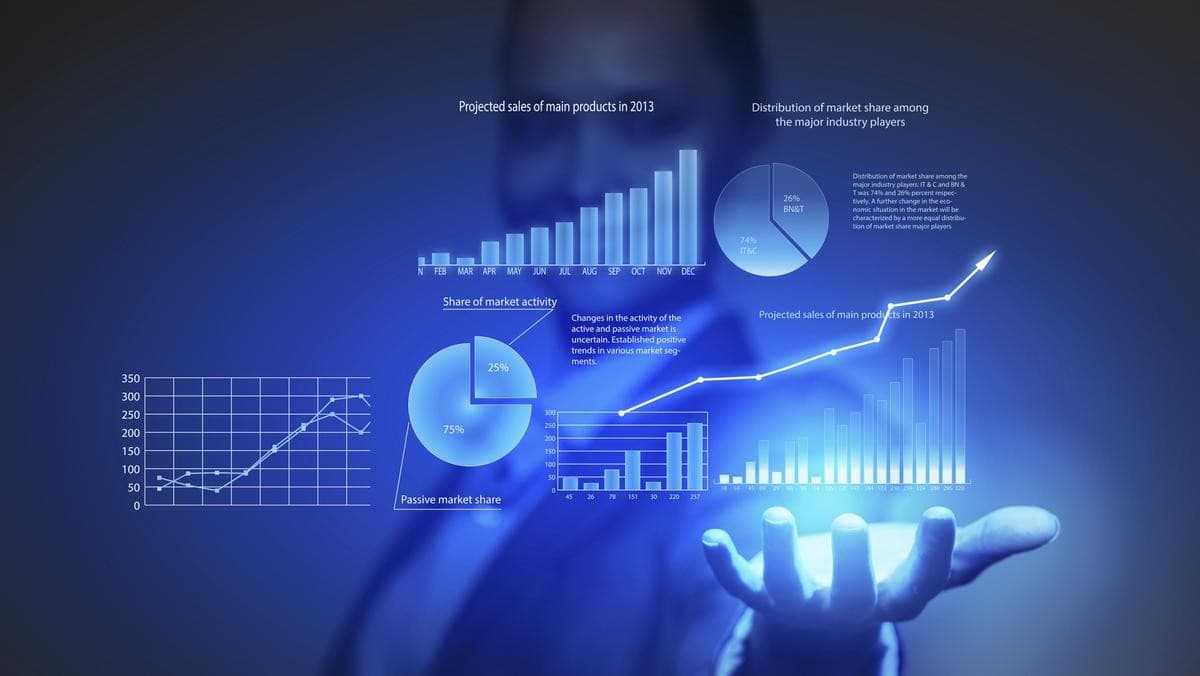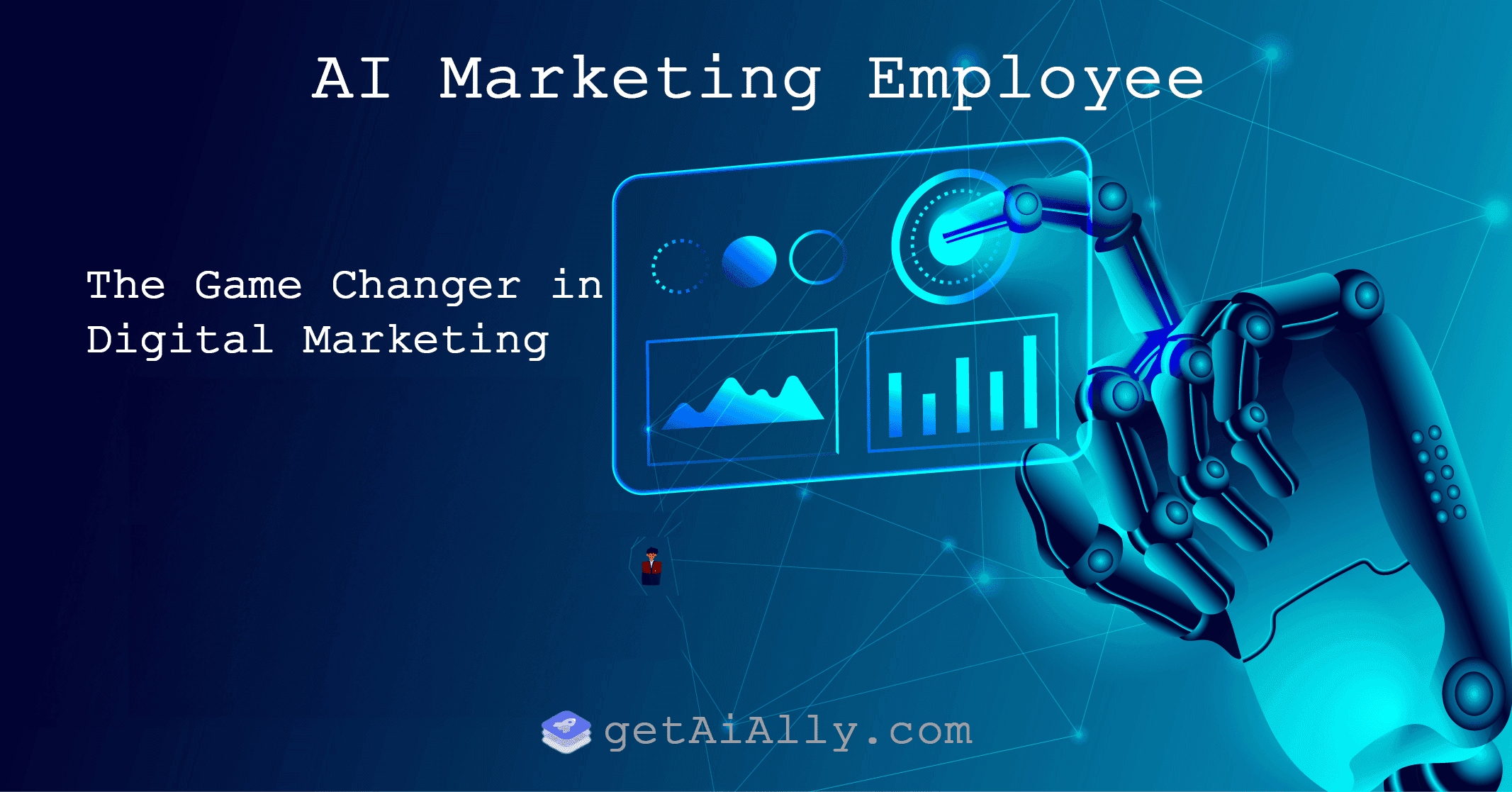AI Marketing Plan Generators: Transform Your Strategy

Lawrence Liu
10/8/2024

Mastering AI Marketing Plan Generators: A Practical Guide from Novice to Expert
In today's fast-paced digital landscape, AI marketing plan generators are revolutionizing how businesses approach their marketing strategies. These powerful tools offer data-driven insights, time-saving automation, and innovative recommendations that can give your business a significant competitive edge. But how can you harness their full potential? This comprehensive guide will take you from a novice to an expert in using AI marketing plan generators, helping you create more effective, efficient, and successful marketing campaigns.
Understanding AI Marketing Plan Generators
To better understand how AI marketing plan generators work, let's visualize the process:
This diagram illustrates the typical workflow of an AI marketing plan generator, from data input to strategy output. As we delve deeper into the features and benefits, keep this workflow in mind to understand how each component contributes to the overall process.
AI marketing plan generators use machine learning algorithms to analyze vast amounts of data, including market trends, consumer behavior, and historical campaign performance. They then use this analysis to generate tailored marketing strategies and recommendations.
Key Features and Benefits
AI marketing plan generators offer several key features and benefits, revolutionizing marketing strategy development:
- Data analysis and market insights: AI marketing plan generators can quickly analyze massive amounts of data, providing deep market insights.
- Audience segmentation: Through AI algorithms, precisely divide target audience groups for personalized marketing.
- Channel recommendations: Based on data analysis, AI marketing plan generators recommend the best channel mix for different marketing objectives.
- Budget allocation suggestions: Optimize marketing budget allocation to ensure the most efficient use of resources.
- Performance forecasting: Use machine learning models to predict the potential performance of different marketing strategies.
- Customizable strategy templates: Provide flexible marketing strategy templates that can be adjusted according to specific needs.
These features enable marketers to create more data-driven, efficient marketing plans, significantly improving marketing effectiveness.
Getting Started with AI Marketing Plan Generators
Step 1: Preparation
Before diving into using an AI marketing plan generator, thorough preparation is crucial:
- Define clear marketing objectives: Set clear, measurable marketing goals, such as increasing brand awareness or boosting sales.
- Collect relevant data: Organize historical marketing data, customer information, market research reports, and other key information.
- Understand your target audience: Create detailed buyer personas, including demographics, behavior patterns, and preferences.
- Evaluate current marketing strategies: Analyze the strengths and weaknesses of existing marketing strategies to provide a benchmark for AI.
- Determine budget and timeframe: Set a reasonable marketing budget and execution timeline.
Through these preparatory steps, you'll provide high-quality input data for the AI marketing plan generator, resulting in more accurate and valuable output.
Step 2: Choosing the Right AI Marketing Plan Generator
Selecting the appropriate AI marketing plan generator is crucial for successfully implementing AI-driven marketing strategies. Consider the following factors:
- User-friendliness: Choose a tool with an intuitive, easy-to-use interface.
- Comprehensive functionality: Ensure the tool covers all the key features you need.
- Integration capabilities: Consider compatibility with existing marketing tools and platforms.
- Customization options: Select an AI marketing plan generator that allows adjustments based on specific needs.
- Pricing model: Evaluate the price structures of different tools to ensure they fit your budget.
- Customer support: Consider vendors that offer quality customer service and training resources.
- Security and privacy: Ensure the tool complies with data protection standards.
By carefully comparing and evaluating, choose the AI marketing plan generator that best suits your business needs.
Step 3: Input Essential Information
Providing accurate and comprehensive information to the AI marketing plan generator is crucial:
- Marketing objectives: Clearly set short-term and long-term marketing goals.
- Target audience details: Input demographic, psychographic, and behavioral data of your audience.
- Budget constraints: Set the overall marketing budget and allocation ratios for various channels.
- Timeframe: Determine the execution cycle of the marketing plan.
- Product/service information: Provide detailed descriptions of products or services.
- Competitor data: Input relevant information about main competitors.
- Historical marketing data: Upload performance data from past marketing campaigns.
- Brand guidelines: Provide information on brand voice, visual identity, etc.
Now that we've covered the essential steps for getting started with AI marketing plan generators, let's visualize the process with a helpful diagram. The following image illustrates a typical product development roadmap for an AI-powered marketing tool, which can give you a better understanding of how these sophisticated systems are created and implemented:
This roadmap showcases the various stages involved in developing an AI marketing plan generator, from initial concept to full implementation. By understanding this process, you can better appreciate the complexity and power of the tool you're using to transform your marketing strategy.
By inputting this key information, the AI marketing plan generator will be able to generate more precise, personalized marketing strategy recommendations.
Step 4: Analyze AI-Generated Insights
The insights provided by AI marketing plan generators need careful analysis and interpretation:
- Market trend analysis: Understand key market trends and opportunities identified by AI.
- Competitor analysis: Evaluate AI-generated reports on competitors' strengths and weaknesses.
- Consumer behavior patterns: Gain a deep understanding of target audience behavior characteristics discovered by AI.
- Channel effectiveness assessment: Analyze the expected performance of various marketing channels.
- Keyword suggestions: Review high-potential keywords recommended by AI.
- ROI predictions: Evaluate the expected return on investment for different marketing strategies.
- Risk assessment: Understand potential marketing risks and challenges identified by AI.
To illustrate the potential impact of AI-driven marketing strategies on your business performance, let's consider a key metric that AI marketing plan generators often analyze: the relationship between Customer Acquisition Cost (CAC) and Return on Investment (ROI). The following image provides a visual representation of how these metrics can change during different phases of a product lifecycle:
This chart illustrates the transformative impact of AI-generated insights on Customer Acquisition Cost (CAC) and Return on Investment (ROI) throughout a product's lifecycle. The dashed lines represent traditional marketing performance, while the solid lines show the potential improvements when leveraging AI-driven strategies. Key decision points (A, B, C, D) highlight where AI can significantly influence outcomes: optimizing initial marketing spend in the Introduction stage (A), enhancing acquisition efficiency during Growth (B), maximizing ROI at the peak of product Maturity (C), and identifying opportunities to extend product life in the Decline stage (D). By analyzing vast amounts of data and recognizing complex patterns, AI helps marketers make more informed decisions, resulting in lower CAC (red line) and higher ROI (teal line) throughout the product lifecycle. This visual representation demonstrates how AI-powered marketing tools can help businesses adapt their strategies more effectively at each stage, ultimately leading to optimized spending and improved overall marketing performance.
Through in-depth analysis of these AI-generated insights, marketing teams can make more informed decisions and develop more effective marketing strategies.
Step 5: Develop and Optimize Strategies
Based on AI-generated insights, develop and optimize your marketing strategies:
- Evaluate AI recommendations: Carefully review strategy suggestions provided by the AI marketing plan generator.
- Integrate human intelligence: Combine AI recommendations with team expertise.
- Customized adjustments: Adjust AI strategies based on brand characteristics and market positioning.
- Creative integration: Inject creative elements into AI-suggested strategies.
- Multi-scenario comparison: Generate multiple strategy options for comparative analysis.
- Risk management: Develop mitigation strategies for risks identified by AI.
- Cross-channel coordination: Ensure consistency and synergy of strategies across marketing channels.
Through this process, you can create a marketing plan that is both data-driven and creatively rich.
Step 6: Implementation and Monitoring
Implement the AI-generated marketing plan and continuously monitor its effectiveness:
- Action plan development: Transform the AI marketing plan into specific execution tasks.
- KPI setting: Set key performance indicators based on AI recommendations.
- Real-time tracking: Use AI tools to monitor marketing activity performance in real-time.
- Data-driven adjustments: Timely adjust marketing strategies based on real-time data.
- A/B testing: Continuously conduct A/B tests to optimize marketing effectiveness.
- Regular reporting: Generate periodic performance reports to evaluate plan execution.
- Continuous learning: Use AI to analyze marketing results and continuously optimize future strategies.
Through a rigorous implementation and monitoring process, ensure that the recommendations from the AI marketing plan generator are effectively executed and continuously optimized.
Advanced Techniques for AI Marketing Plan Generators
Mastering advanced techniques can further enhance the effectiveness of AI marketing plan generators:
- Algorithm customization: Collaborate with AI vendors to customize algorithms for specific industry needs.
- Multi-source data integration: Integrate multiple data sources to improve the comprehensiveness of AI analysis.
- Predictive analytics: Utilize AI for advanced predictive analysis to foresee future marketing trends.
- Automated workflows: Integrate AI marketing plan generators with other marketing tools to achieve automation.
- Real-time optimization: Implement real-time optimization mechanisms to adjust strategies instantly based on market changes.
- Personalized recommendations: Leverage machine learning for hyper-personalized marketing suggestions.
- Cross-platform synergy: Ensure consistency and synergy of AI strategies across various marketing platforms.
By mastering these advanced techniques, marketing teams can fully unleash the potential of AI marketing plan generators, achieving a qualitative leap in marketing effectiveness.
Conclusion
AI marketing plan generators are powerful tools that can significantly enhance your marketing efforts. By following this guide, you're well on your way to becoming an expert in AI-driven marketing planning. Remember, the goal is not to replace human creativity and expertise, but to enhance it with data-driven insights and efficiency.
Are you ready to revolutionize your marketing strategy with AI? Visit getaially.com to explore our cutting-edge AI marketing plan generator and start creating more effective, data-driven marketing strategies today!
Related Posts

24/7 Marketing: How AI is Reshaping Marketing Efficiency
Explore how AI marketing employees revolutionize marketing efficiency through 24/7 non-stop work. Learn how continuous market monitoring, global operations, and automated task execution create unparalleled competitive advantages for businesses.

AI Marketing Employee: A New Paradigm for Data-Driven Decision Making
Explore how AI marketing employees are revolutionizing data processing and analysis. Learn how this groundbreaking technology provides real-time insights, optimizes decision-making processes, and drives precision in marketing strategies.

AI Marketing Employee: The Game Changer in Digital Marketing
Explore how AI marketing employees are revolutionizing the digital marketing landscape. Learn how this groundbreaking technology enhances efficiency, precision, and creates unprecedented value for brands.


